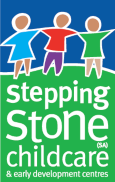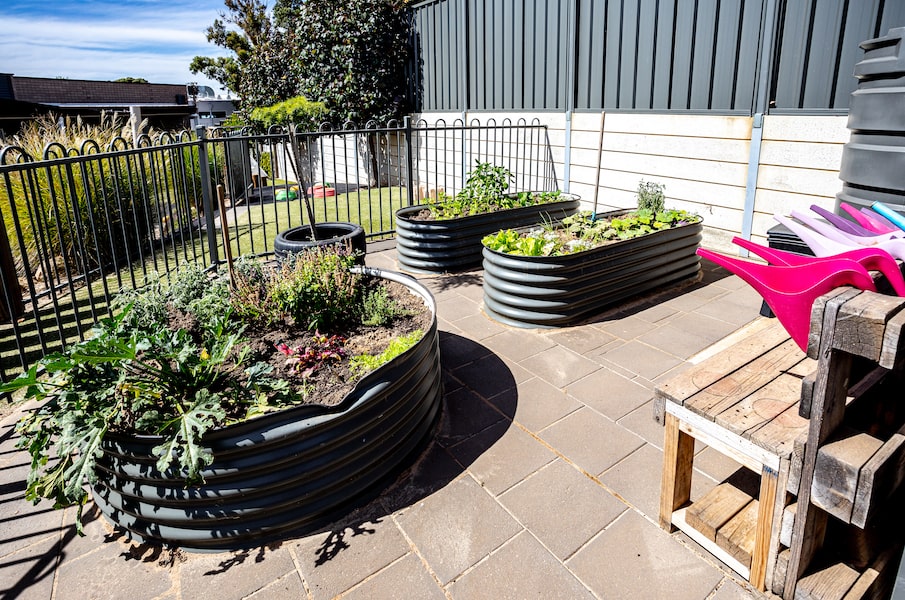Our mission is to ensure a sustainable future for our children and through continuous improvement, we strive to be better tomorrow than we are today.
Each of our Centres actively participates in caring for our environment and promotes sustainable practices through educating and working with the children, families and wider community.
Learning about sustainability starts with everyday practice.
Babies and toddlers can begin by watching adults model these behaviours and they may learn through song or rhyme as educators verbalise what they are doing.
As children develop awareness and understanding, they begin to reason why practices are needed and to understand the impact that their actions have on the planet.


